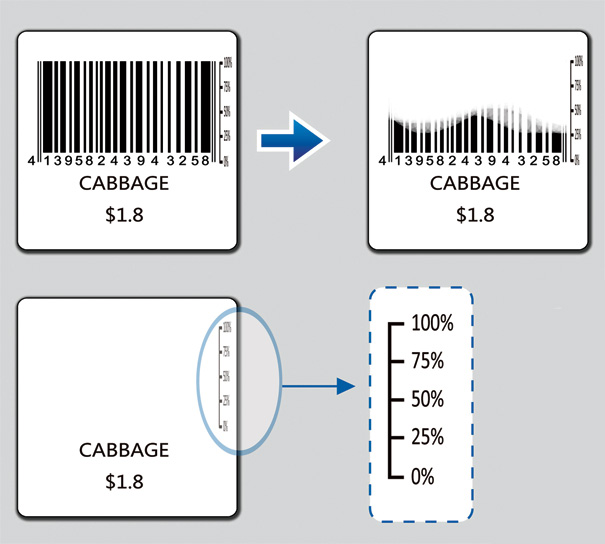Maybe it's the way Roger Federer swings his racquet or the concentration of Michael Schumacher while he's driving on the track. When you look at them doing what they do best, you can tell they are the masters of their art.
It resists definition, yet can be instantly recognized. - George Leonard on Mastery
Mastery isn't reserved to the talented few but to anyone who is willing to devote their life and have the determination to stick to it. It is not a destination or a goal but rather a journey of self-improvement.
Only one who devotes himself to a cause with his whole strength and soul can be a true master. For this reason mastery demands all of a person. - Albert Einstein
Before we start the journey to master our art, we must first know how mastery works. The 3 Laws of Mastery from Drive that might help us understand the true nature of mastery.
- Mastery is a Mindset - You need to tell yourself that anyone can do it. You should subscribe to the notion that intelligence is something malleable. The goal is to get better at something, not proving that you can do something. Learning should be your mindset in pursuing mastery.
- Mastery is Pain - The journey of mastery is a tough one. You need to have the determination to make it through. Mastery is a grind and a very tough one at that.
- Mastery is an Asymptote - Asymptote is a line that a curve approaches but never quite reaches. Mastery is something that you can get really close to but never be able to fully achieve. It is elusive and also the reason why many pursue it.
If you are still up for it, try applying the 5 keys to Mastery from George Leonard's Mastery.
- Surrender - You need to surrender to your passion. The journey is long and tough so why not make it more enjoyable. Follow your heart and be true to yourself.
- Practice - It is not about talent. It's about your determination, your devotion, your willingness to do the things you love on days that you don't feel like doing it. Don't give up.
- Instruction - Get a mentor or guide. Someone to teach you so you are doing the right things and not repeating the wrong things.
- Intentionality - Visualize the outcome you desire. Once you have the vision in your mind, it's easier to bring it to life. Every master is a master of vision.
- The Edge - Always challenge to out-do yourself. You have to keep pushing the edge of the box and believe that everything is possible.
This journey is not for the faint-hearted or the undetermined but definitely open to anyone who are willing to give their all to it. You may never achieve true mastery but the process itself is rewarding enough. After all, if it is easily attainable, why bother at all.



